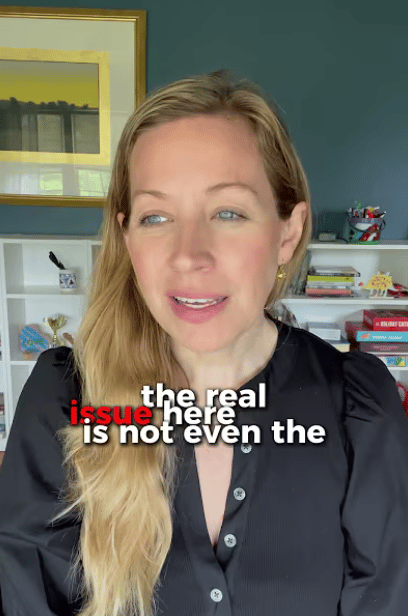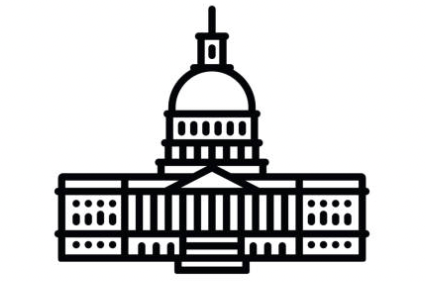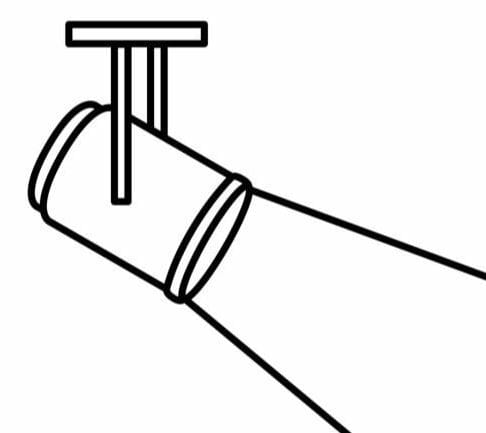- Independent Center
- Posts
- #31 - How Movements Move History
#31 - How Movements Move History
Politics is Broken? Don't Buy It.


Change Starts With You!
Lura Forcum, May 29.






10,000+ Americans Declared Their Independence!

This Independence Day, we’re inviting Americans to share their stories. Why do you choose to be an independent? What does independence mean to you?
Our goal: 10,000 powerful messages from from people across the country who are ready to stand up, speak out, and demand a new way forward.
Take a look at some of the messages that we’ve already received from our community:
"More people are voting independent or becoming independent because they don't see themselves in either party at this point." - Broden.
"Both parties are just worried about the wrong thing instead of the most important things." - Brionna
Add your voice and help us send a clear message to Washington: we’re ready for change.
Hi friends,
Throughout American history, real, lasting change has never come from the top down. It’s come from movements — from everyday people who stood up, spoke out, and refused to accept a broken status quo.
Abolition. Women’s suffrage. The civil rights movement. These weren’t political talking points. They were people-powered revolutions — led by those outside the mainstream, demanding justice, representation, and dignity.
Today, we stand at the edge of another turning point.
Tens of millions of Americans now identify as independents — rejecting the rigid partisanship and dysfunction that dominate our political system. But being independent isn’t just about leaving a party. It’s about stepping into the power of a growing movement with the potential to transform our democracy.
Independents aren’t sitting on the sidelines. We are the new center of gravity in American politics. We are the voters who cannot be ignored, the voices demanding solutions over slogans, unity over division, progress over polarization.
But like every great movement, this one only succeeds when enough people stand together. That's why we are joining together to demand more choice in politics, starting with an independent-minded approach to American politics.
Join us. Add your name and share your story by clicking the link here.
History doesn’t change itself. People do.
And that includes you.
Best,
Lura
We Need Your Help!
By Independence Day, help us raise $5,000 to grow our community and amplify your voice!
100 Days into the Trump Administration
Uncertainty is everywhere.

Latest News from the Independent Center
Trending Topics from the IC’s Marketplace of Ideas
Every week, our proprietary AI model analyzes public discussions on public forums to understand the dynamics of digital grassroots conversations.
Trending issues this week:
Economic Populism and Strategic Silence: Debate over the bipartisan “No Tax on Tips” bill showed growing doubts about whether populist policies truly help working-class Americans. While the bill had wide support, some questioned if it really offered economic fairness or just looked good for elections. The lack of opposition was seen not as agreement, but as politicians avoiding conflict—fueling public suspicion that such policies often lack real reform.
Corruption Fatigue and Institutional Desensitization: News that the Trump administration accepted a $400 million jet from Qatar caused discussion, but not much outrage. Many saw it as clear corruption but felt powerless to act. This muted response shows how frequent scandals have dulled public reaction and weakened trust in accountability. Even major ethical breaches now often go without consequences.
Policy Mailbag

How do you view the impact of the Trump administration's tariff policies on the U.S. economy and global competitiveness?
Trump’s tariff policies, which have triggered a trade war, are clearly damaging to the United States’ economy, as evidenced by the contraction of gross domestic product in Q1 2025. We’re just another consecutive quarter of contraction from a recession. Trump’s trade war has hurt American manufacturers and agriculture, putting them at a disadvantage. The tariffs the Trump administration has put in place mean the European Union may increase trade with China, while other long-time trade partners may look elsewhere for goods that the United States exported to them. Trump’s recent backdown on his trade war, particularly with China, is a positive sign, but uncertainty is still causing problems.
Why haven’t we seen the impact of tariffs on prices?
The main reasons why consumers may not have yet seen the impact of tariffs are that new goods are not being imported, and businesses are holding goods outside the U.S. until tariff policies change. Additionally, some companies have decided to absorb the cost of the tariffs. Recent tariffs have led to a decrease in container traffic at major U.S. ports. This traffic may be rerouted to different markets entirely, but businesses may also be stockpiling products outside the United States or in Free Trade Zones until tariff policy changes.
Will the tax cuts the House is considering pay for themselves?
There’s no indication that the tax cuts will pay for themselves. Congressional Republicans baked rosy economic activity assumptions into their budget that assume $2.6 trillion in revenues from the tax cuts, which is more than half of the revenue losses. The Tax Cuts and Jobs Act of 2017 paid for 26% of itself, and the tax provisions of that law had tax cuts and other policies that were designed to maximize economic growth. The Tax Foundation projects that the House Ways and Means Committee’s tax cuts and other recommendations will pay for about 19% of themselves. Spending cuts will be the only way to fully offset the impact on the deficit, and the cuts that have made it into the reconciliation bill aren’t nearly enough to stop the deficit from exploding.
This Week in Congress

Partner Spotlight: Veterans for All Voters Helps Open Primaries for Independents!

SB 16 was approved by the New Mexico Legislature at the end of the 2025 legislative session. The bill requires registered party members to vote in their respective party's primary, but voters registered outside a political party can pick the party ballot of their choice.
"Opening primary elections by allowing voters registered as independent or unaffiliated to participate in taxpayer-funded elections improves voting fairness and, in turn, democracy,” said State Sen. Majority Leader Peter Wirth.
Join the Independent Minds Book Club!
Next up for our book club, we’ll be reading and discussing Why We’re Polarized by Ezra Klein.
We’d love to have you join our discussion!

What We’re Reading
Wall Street Journal: The Tech Industry Is Huge—and Europe’s Share of It Is Very Small
By: Tom Fairless and David Luhnow
The San Francisco Standard: SF Republican Party elected a new chair. He voted Democrat for mayor
By: Han Li

The Independent Center is the go-to organization for information, research, and engagement with independent voters, who now make up the plurality of the electorate.
We represent those who are fed up with partisan politics and feel politically homeless. We believe the future is not red or blue; it’s fiscally responsible, socially inclusive, and free to choose the best options for ourselves, our families, and our communities.







Copyright (C) Our mailing address is:The Independent CenterPO Box 26141Alexandria, VA 22313-6131 USAWant to change how you receive these emails?
You can unsubscribe